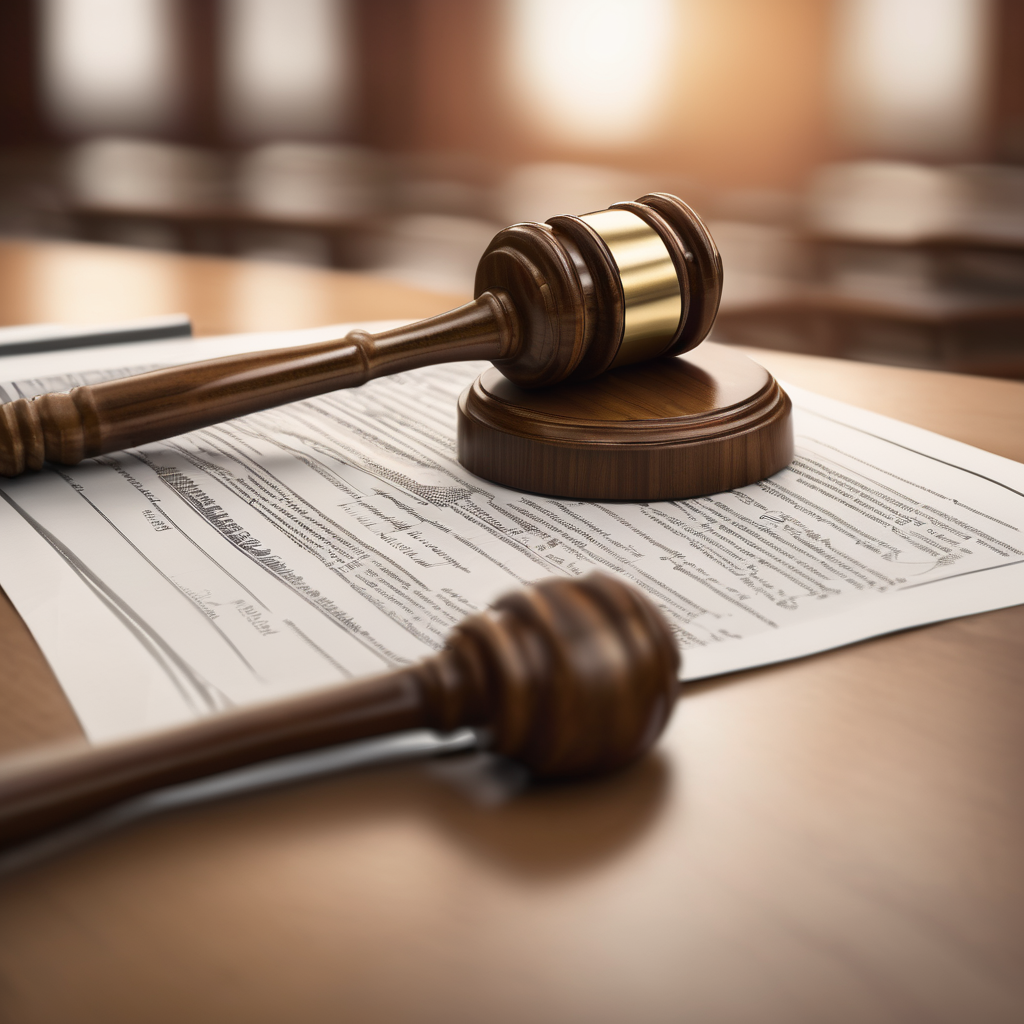A significant ruling was issued today by Circuit Judge Michael Froble in Raleigh County that will impact religious exemptions to West Virginia’s school vaccination requirements. The West Virginia Board of Education subsequently announced its intention to adhere to the ruling while it prepares for an appeal.
In a comprehensive 74-page order delivered during Thanksgiving week, Judge Froble granted both permanent injunctive and declaratory relief to over 570 families who had sought religious exemptions from vaccination requirements in the public school system. This decision also establishes a precedent for future families wishing to pursue similar exemptions.
Initially, the case stemmed from a few Raleigh County families who sought to enroll their children in local schools using vaccination exemptions. Under West Virginia’s compulsory vaccination law, students must present proof of immunization against several diseases, including measles, mumps, and rubella, unless they have a valid medical exemption.
Earlier this year, Governor Patrick Morrisey linked the Equal Protection for Religion Act with the vaccine law that does not clearly provide for religious exemptions. This act allows residents to take legal action if they believe their deeply held beliefs are being infringed upon. However, it also requires consideration of the state’s compelling interest in public health.
Despite the administration’s direction for families to seek these exemptions through the state health department, the local school systems had rejected their applications. Following the ruling, Governor Morrisey expressed his satisfaction, stating, “Today’s ruling is a win for every family forced from school over their faith.” He reiterated his commitment to religious liberty within the state.
In his ruling, Judge Froble permanently ordered the West Virginia Board of Education and local school boards to cease enforcing the vaccine law against the plaintiffs and certified class members. This ensures that children cannot be barred from enrolling, attending school, or taking part in extracurricular activities based on their vaccination status.
The state Board of Education quickly announced that it would suspend its policy on compulsory vaccination, awaiting further court proceedings. Judge Froble determined that the blanket denial of religious exemptions imposed a substantial burden on families’ rights to freely practice their religion, highlighting that they should not have to choose between vaccination and public education, which is a constitutional right in West Virginia.
While acknowledging the state’s interest in maintaining public health, Judge Froble found that denying approximately 570 exemption applications—representing just 0.2% of the public school population—was not essential to public health safety. He pointed out that similar exemptions are permitted in 45 other states, which effectively manage public health during disease outbreaks.
The ruling underscores the importance of balancing public health interests with individual rights, reaffirming that families should not have to sacrifice educational opportunities and religious freedoms. The decision is seen as a significant victory for families in West Virginia, marking a hopeful shift toward accommodating personal beliefs within public health policies.
